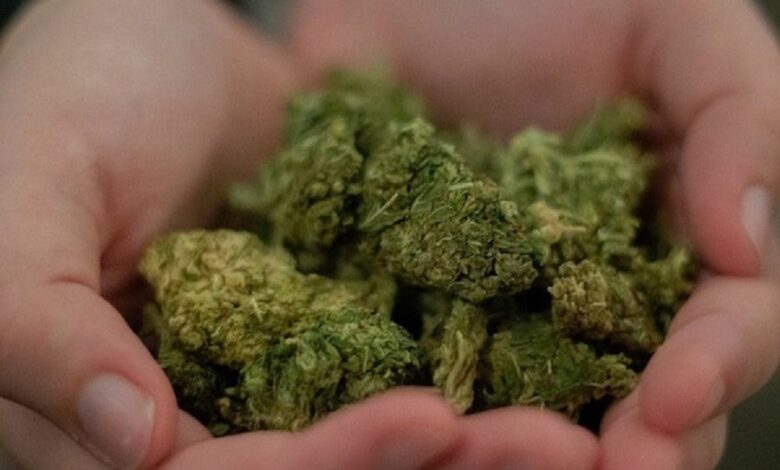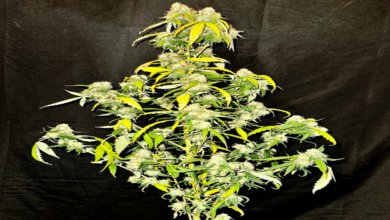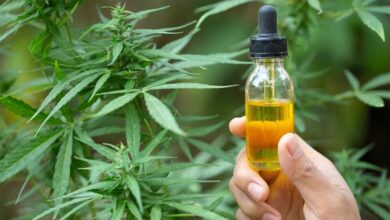
There is little doubt that CBD is firmly in the midst of a minute. Offered in every physical or online store, you can get Cannabidiol in a different variety of forms. From sublingual oils to lotions, CBD also borders on the bizarre, with its incorporations in coffees, cakes, and brownies. However, less is reported about THC, the other famous cannabinoid in the cannabis plant.
So whilst roughly 1.3 million individuals consume CBD yearly, fewer are taking THC. Those who are– with a couple of notable exceptions– are doing so illegally. To help differentiate facts from fiction worldwide cannabis, we’re going to have a look at THC, its legal condition, and its effects.
The Cannabis High
Tetrahydrocannabinol is just one of over 100 cannabinoids found within cannabis. A lot commonly referred to as THC, it is just one of the most bountiful cannabinoids. In some cannabis species, particularly Indica, THC features in high concentrations, between 10-18%.
It is a psychotropic substance that creates a range of effects on the body. One of the most common responses is bliss (feeling high), intending to consume (munchies), and effects on memory. CBD does not have the same effect because of its varying interaction with the nerves.
How Does THC Interact With The Body?
To understand the biological effects of THC, it is essential to introduce an interior system that may be unfamiliar to you. For decades, mainstream scientific literary works kept in mind cannabis had non-specific effects on cells. This changed over 30 years back, with the exploration of the endocannabinoid system.
There are particular proteins on the surface of our cells that acknowledge and bind with cannabinoids. Consequently, this brings about the bodily feedback of cannabis. The first receptor uncovered was called the cannabinoid receptor 1 (CB1). It is activated by THC and produces responses such as bliss and cravings stimulation. CB1 is found throughout the body, however, has a high expression throughout the brain.
The 2nd cannabinoid receptor, called cannabinoid receptor 2 (CB2) was uncovered simply a few years afterward. Like CB1, it is shared throughout the body, especially in cells and tissues of the body’s immune system. CB2 can be found in the brain, however, at a lot of reduced levels. CB2 is upregulated when cells are stressed or damaged.
How Does THC Differ From CBD?
Unlike CBD, THC has psychotropic effects owing to its interaction with CB1 receptors in the brain. Surprisingly, CBD does not activate CB2 receptors either.
Instead, it acts across protein receptors and enzymes throughout the body. This offers itself to its polypharmacological effects because it can impact many elements of the human system. For that reason, it is not a surprise that CBD is promoted for its broad applicability.
Many thanks for reading this article. For more informative THC and CBD Blog visit our website – thc420hemp,com



